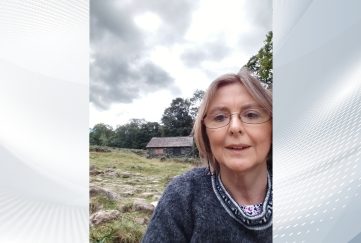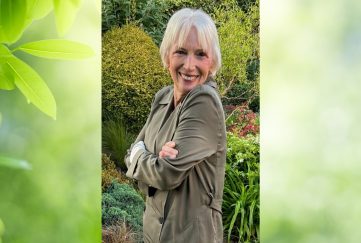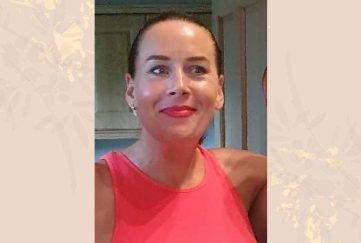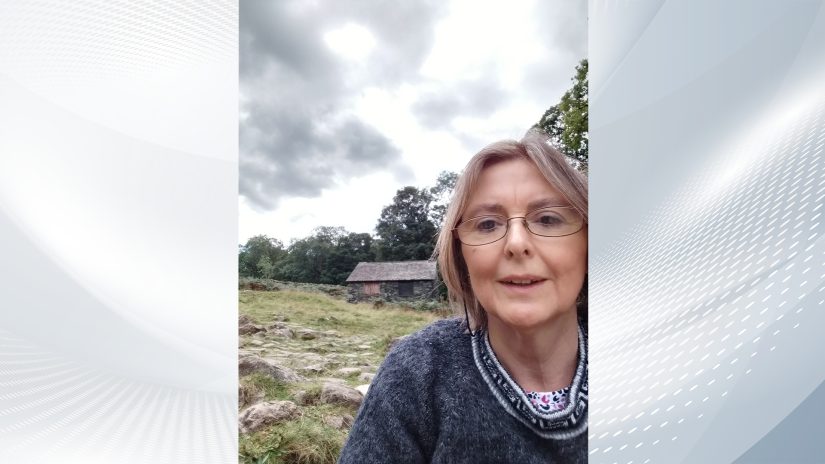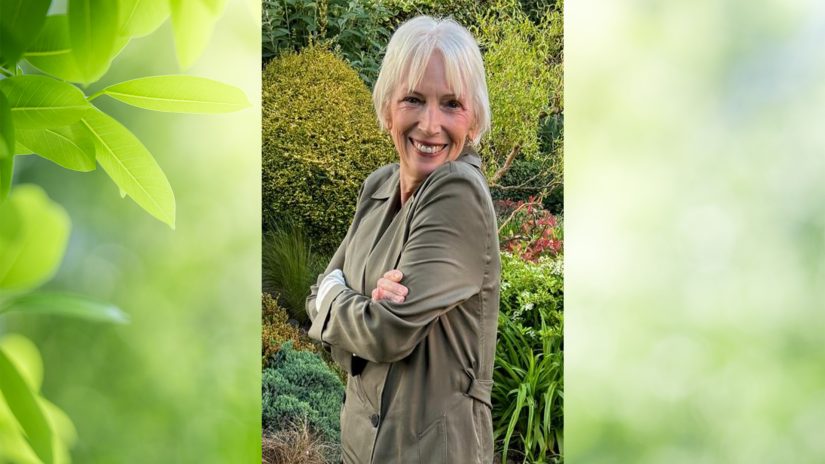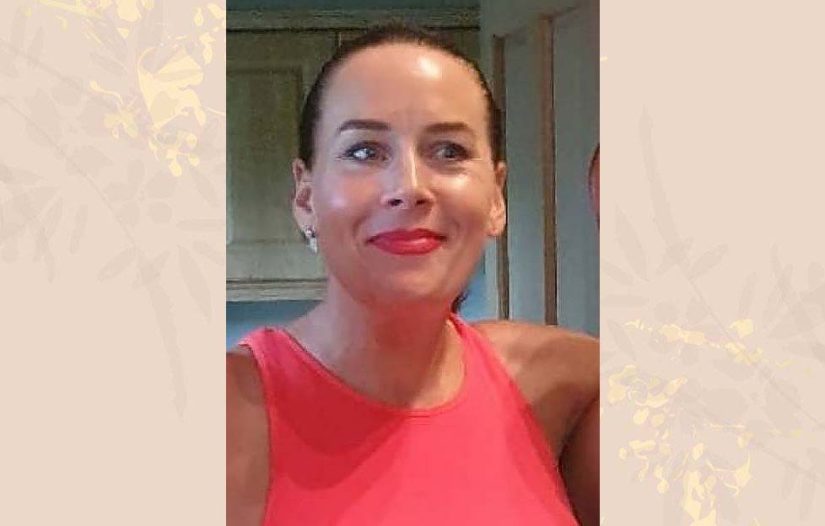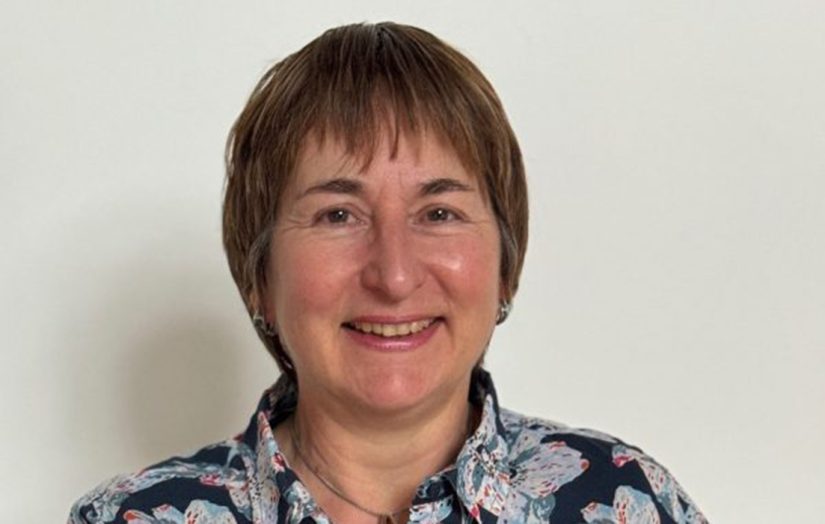Writer Of The Week: Jan Halstead
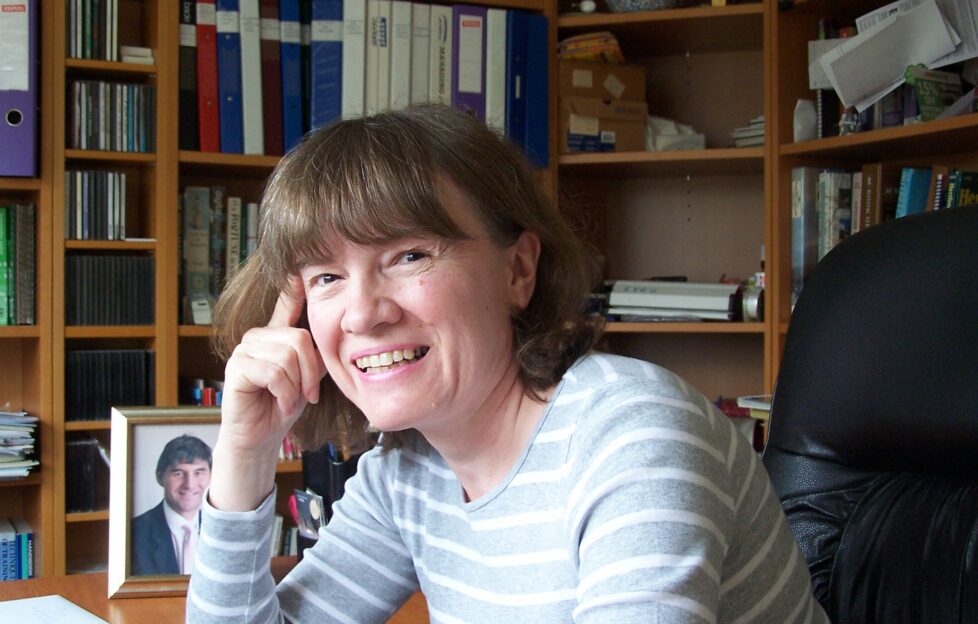
Our Writer of the Week is Jan Halstead. Jan’s story, “Into The Sunshine”, appears in the July 24 issue.
“Into The Sunshine” is a feel-good story. How important is it to you to instil a sense of optimism in your stories?
I don’t know that I consciously try to instil a sense of optimism in my stories, but I think that by nature I’m quite a happy person so my default position is probably optimistic.
Also, even in a relatively short story, you have to spend time with your characters, so I prefer them to be people I might like to meet in real life, and I like them to have a happy ending.
What type of stories/books do you like to read in your spare time?
I have quite eclectic tastes, and I read all sorts of things.
If I were stranded on a desert island and a box of books washed ashore, I’m sure I’d read my way through the lot when really I should be building a hut or catching dinner.
But if I had to save a few before the tide washed them away again, I’d probably rescue anything by Alexander McCall Smith, for his wisdom and humanity, some cosy crime, a travelogue or two and some well-loved classics, say Austen or the Brontës, because I do love a little romance, especially in a period setting.
How easy do you find it to edit your own stories?
I really don’t mind editing. In fact, I quite enjoy it. It’s certainly easier than the initial writing.
With editing I find it’s fairly easy to focus and get stuck in, because I already have something to work on. Staring at a blank page and trying to get started is much more difficult.
What would you find harder to do – write a story at 1000 or 4000 words?
I’m naturally wordy and inclined to waffle, so I find 1000-word stories much harder.
But it all depends on the idea. Some concepts fit very neatly into a very short story, and it has to be said that writing a 1000-word story is a great exercise in tight writing, something which doesn’t come naturally to me. Generally, though, I think a longer length is easier as it gives more scope for character and plot development.
What are your writing plans for the future, fiction or non-fiction work?
My writing plan is quite simple, if not terribly inspiring. I used to write a lot more and, for all sorts of reasons entirely unrelated, my output has dwindled dramatically.
So my current writing plan is simply to get back on track. I’ve written both fiction and non-fiction in the past, but I have a lot more unfinished short stories on file than unfinished articles, so I think that’s where my heart lies. I don’t have any aspirations to write a novel – yet.
Notebook and pencil or laptop? Kitchen table or study? Blank wall or inspiring view?
Paper and pencil are difficult for me because I have some arthritis in my neck and can’t put my head down for long.
But that’s fine because I’m a ten finger typist, and I can’t read my own handwriting anyway. At home I write on the PC in my late husband’s study. It overlooks a country lane, and I’m afraid I’m easily distracted and I people-watch. Have I ever used anything I’ve seen as inspiration for a story? Yes, but don’t tell anyone.
P.S., What’s your one top tip for an aspiring Writer Of The Week?
Alas, it’s the same tip I give myself about house repairs, and always ignore.
There comes a time when you have to stop talking about things and actually do something. If it doesn’t go well, you can put it right, and at least you’re on the move. So write a word, a sentence, a paragraph, a page of rubbish, but write something. You can’t edit a blank page.
For more from our Writer Of The Week series, click the tag below.


